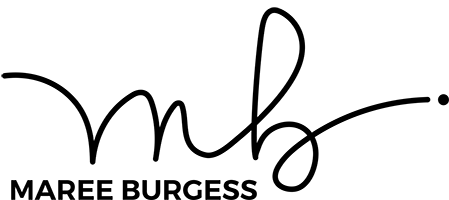
Are you great at goal setting? Do you regularly achieve your goals?
We are often told to create short term (which can be today or for this week), medium term (which can be for this month or this year), and long term goals (which can be this year or over the next 5 years).
Over the years I have regularly created lists of goals; put them away and then forgotten about them. Then, something will remind me and I will create some more. Down the track I might stumble upon those goals I have written down and contrary expectations which is, if you write your goals down they will happen, and yet, when I chance upon my writings and it could be years later, I review what I have written and, I have to say, nothing has changed. There are things on my lists that I still want to achieve or have.
So what am I doing wrong?
I discovered that writing down goals isn't really the answer for me. A goal is something I have identified that I want to achieve and it generally has an external focus or is an external thing. Which means that there is something external to me that I want. That could be something like more money, a promotion, a new car, a new house, a thriving business or anything else that I might identify.
So what's the answer? Well, I need to create outcomes, not goals.
When someone talks about an outcome they want to achieve, they have to determine what the neurological outcome is that they have to participate in to achieve it. It has to have an internal focus. Now that's a bit of a mouthful but simply means we have to be the person internally who can achieve that outcome.
For instance someone may say that they want to be promoted. Being promoted is actually the goal – this has an external focus. Their outcome is to be promotable, someone who can be promoted. Which means that neurologically they have to be the type of person who is promotable therefore internally ready and prepared to step up to that next role.
Someone else might have a goal to own a Ferrari. However, until they are neurologically prepared internally to feel as if they are a Ferrari owner, they probably won't reach that outcome.
Working with people to reach outcomes means preparing them internally so they have a full body experience about what that outcome means to them and a full understanding of who they need to be to reach that outcome.
Outcomes can be used for small as well as large changes that someone wants to put in place and achieve.
A well formed outcome should be tangible and sensory specific.
Outcome oriented conversations take a person’s thinking from the now (present) and into the future (desired). Focussing someone on where they are now and where they want to be in the future is much more effective than focussing on past events or making a list of things that they want.
The whole purpose for creating well formed outcomes is to move someone from where they are presently to where they want to be.
When I am working with someone and asking questions to create a well formed outcome I will watch and listen to ensure that they aren’t dwelling on the past and coming up with reasons why they can’t, or won’t, achieve or do something.
To make any change, you first have to be whatever that change is internally. To be a red Ferrari owner, you must first be a red Ferrari owner in your mind.
‘We can't solve problems by using the same kind of thinking we used when we created them’.
Albert Einstein
Check out our NLP Training at http://www.watchandlisten.com.au.

